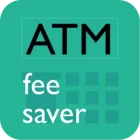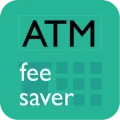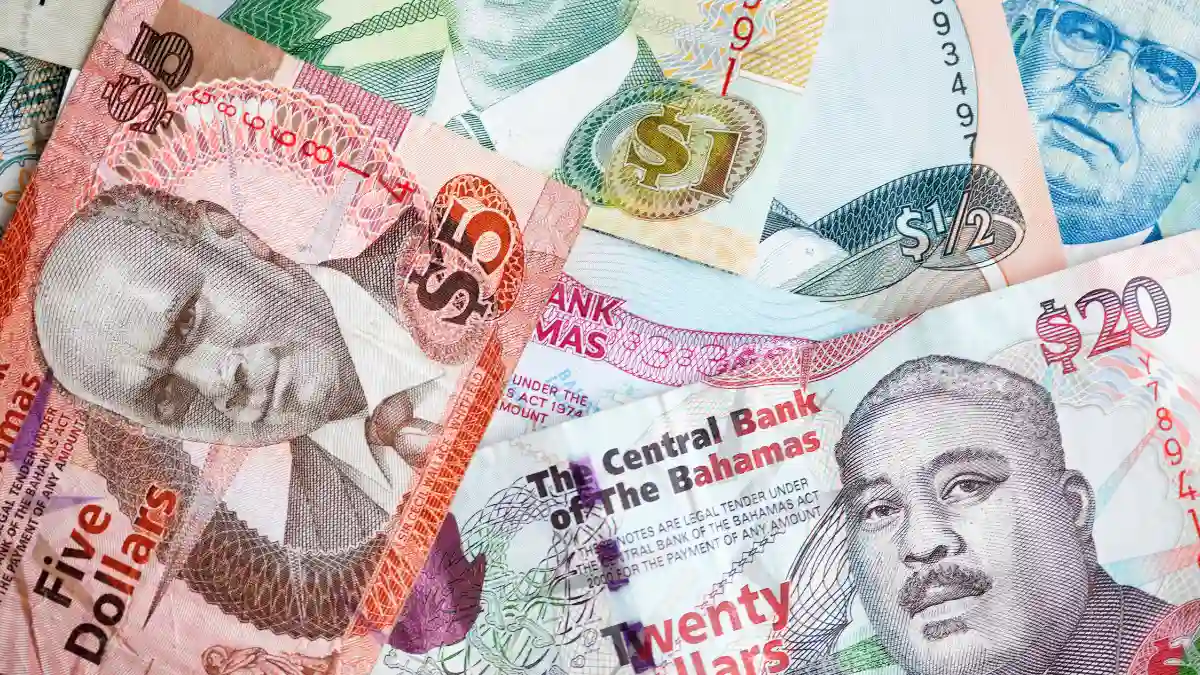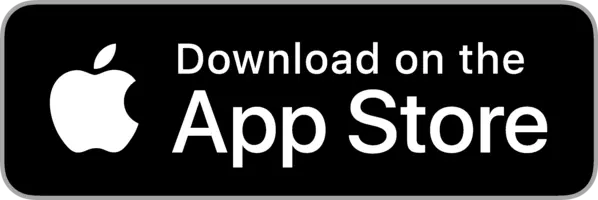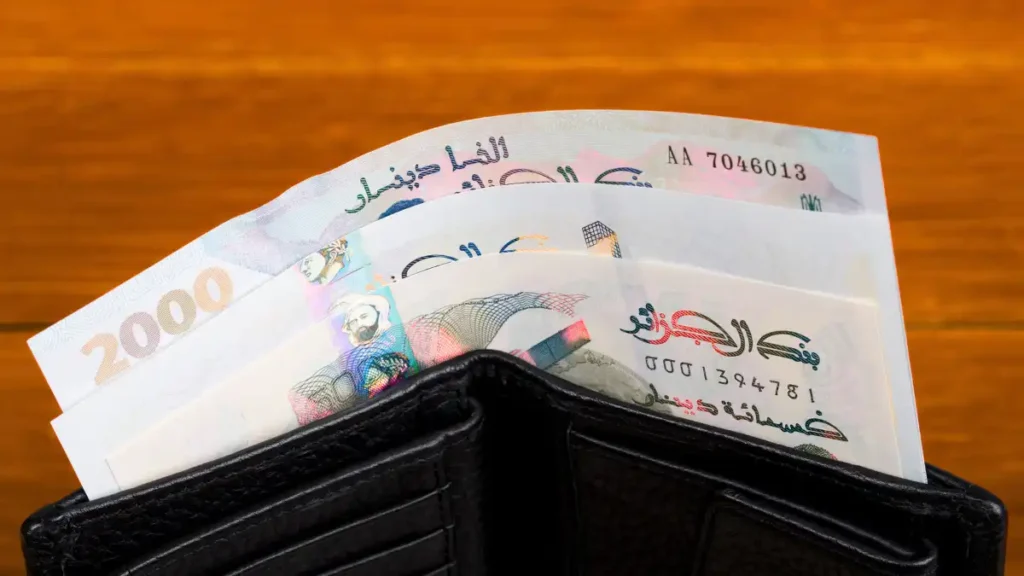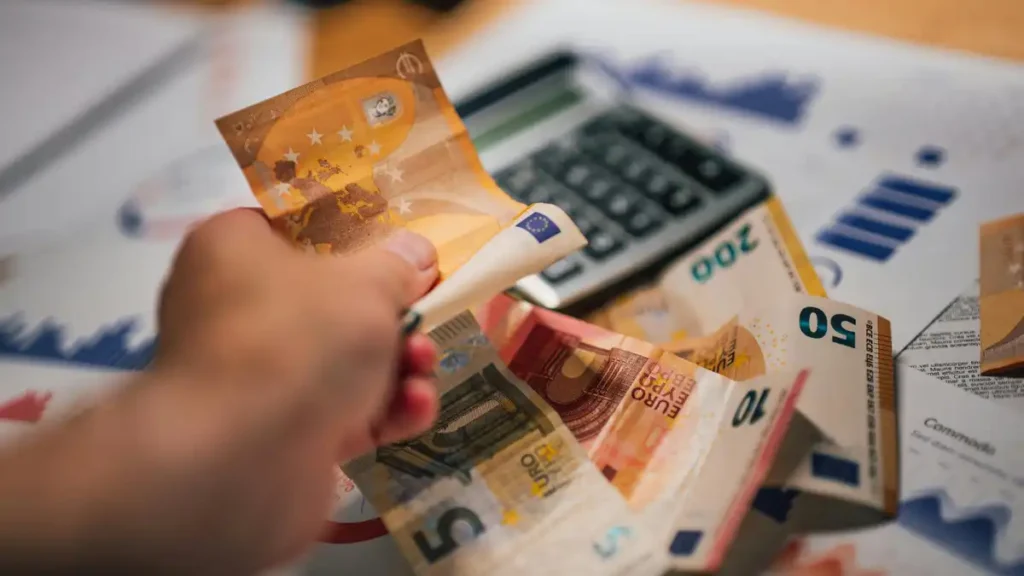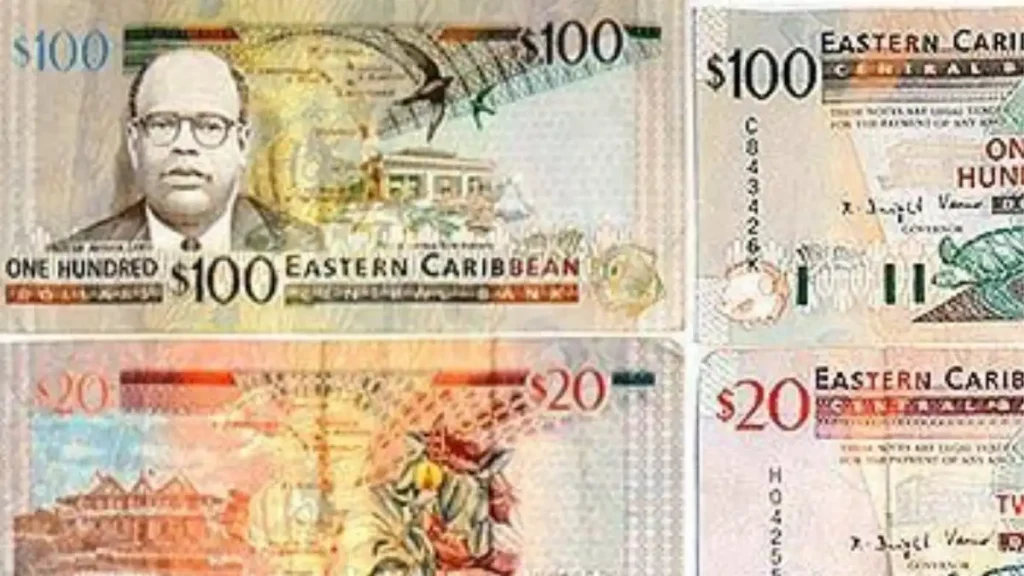Bahamas offers sun-soaked beaches, vibrant marine life, and relaxed island vibes – but to enjoy it fully, understanding money in the Bahamas and how currency works is just as important as your sunscreen. Whether you’re dining at a resort, buying souvenirs at a local market, or tipping for great service, knowing how to pay is essential. This guide explains what currency to bring, how to get money and currency in the Bahamas (Bahamian Dollar – BSD), tips for using cash and cards, and key dos and don’ts. With the right knowledge, you’ll avoid unnecessary fees and enjoy your island adventure worry-free.
How to pay in Bahamas – cash or card?
In the Bahamas, both cash and card payments are widely used, with cards accepted in most tourist areas. The Bahamian dollar (BSD) is pegged 1:1 to the U.S. dollar, and both are accepted interchangeably. Cash is still useful for smaller purchases and in the outlying islands, and digital payment options like the Sand Dollar are also emerging.
You can use cash for:
- Public Transportation and Taxis: Cash is preferred for buses and most taxis, especially on smaller islands.
- Street Vendors and Markets: Craft markets, roadside stalls, and beach vendors generally take cash only.
- Small Businesses: Family-run shops, snack stands, and local cafés may prefer cash.
- Hostels and Guesthouses: Some smaller or budget accommodations require cash payment.
- Tips and Gratuities: Cash tipping is common for hotel staff, tour guides, and drivers.
- Family Islands: Away from Nassau and Freeport, card acceptance can be limited.
You can use card for:
- Hotels and Resorts: Larger hotels accept Visa, Mastercard, and often AmEx.
- Restaurants: Most sit-down restaurants in tourist hubs take cards.
- Retail Stores: Shopping malls, duty-free shops, and larger grocery stores accept cards.
- Car Rentals and Excursion Companies: Cards are standard for bookings.
- Online Bookings: Flights, hotels, and tours can be booked by card.
What’s the best currency to take to Bahamas?
The Bahamian Dollar (BSD) is the official currency in the Bahamas and most widely accepted along with US Dollar also. Both the currencies have the same value i.e. 1:1.
GBP or Euros or other currencies are not widely accepted here.
Where to get currency in Bahamas?
There are 3 main ways to get cash in Bahamas. They are:
- ATMs, or
- Currency exchange, or
- Money transfer & local pick-up
Types of cards to swipe in Bahamas
Establishments with POS machines readily accept Visa and Mastercards for swiping. You might also find some places that accept Amex and other cards, albeit less frequently.
Types of cards at ATMs in Bahamas
If you’re withdrawing money in Bahamas from an ATM, ATMs commonly accept Visa, Mastercards, Plus and Cirrus cards. Some of them accept only Visa, while others accept all the 4 mentioned here. Some of them also accept Plus and Cirrus cards. Others like CUP, JCB, Maestro, American Express, Diners, Discover and Rupay cards are generally not accepted.
Should I exchange money before travelling to Bahamas?
It’s not always essential to exchange money before traveling to the Bahamas, especially if you are coming from the US, as the local currency, the Bahamian Dollar (BSD), is pegged 1:1 with the US Dollar, and USD is accepted everywhere on the islands. However, having some small cash on hand for tips or taxis is helpful.
You can also use ATMs when you arrive at airports, standalone machines.
Where to withdraw money in Bahamas
You can withdraw money in Bahamas at leading bank ATMs in the country. The best ATMs for foreigners to use in Bahamas are those owned by popular banks such as:
- Scotiabank,
- CIBC First Carribean, or
- Bank of The Bahamas.
For a detailed guide, read Cash and ATMs in Bahamas.
Where to exchange currency in Bahamas
Common places to exchange currency in Bahamas are licenced exchange bureaus or banks.
Currency Exchange Options:
There are few dedicated currency exchange offices in the Bahamas, especially outside of Nassau. Most travelers exchange money through banks or at the airport, and many hotels offer exchange services at the reception desk, though rates may not be ideal.
You can also use Banks Offering Currency Exchange:
Royal Bank of Canada (RBC)
Scotiabank Bahamas
FirstCaribbean International Bank
Bank of the Bahamas
Most banks operate Monday to Friday, 9:30 AM to 3:00 PM.
Airport Services:
Currency exchange is available at Lynden Pindling International Airport in Nassau, including Travelex desks and bank counters.
Tip: Bring US Dollars – they are accepted everywhere at par and often don’t need to be exchanged at all.
You can find good currency exchanges in Bahamas using the ATM Fee Saver app – it will guide you to the nearest currency exchange on the map. The app helps you with forex places in 160+ countries, including Bahamas. Download now from the App Store or Play Store.
Avoid Airport Exchanges and no-fee exchange offices: They have the highest fees and poorest exchange rates. Wait to get to the city to exchange cash.
Is carrying cash in Bahamas safe?
Carrying cash in the Bahamas is generally safe, especially in resort areas and tourist zones. However, petty theft and opportunistic crime can occur, particularly in Nassau or Freeport, so it’s best to be cautious and avoid carrying large amounts.
To keep your cash safe in the Bahamas:
- Carry only what you need for the day and leave extra cash in your hotel safe.
- Use a zippered crossbody bag or money belt for added security.
- Avoid counting or displaying large sums of cash in public.
- Be especially alert in busy areas like downtown Nassau, the Straw Market, and public transport.
- Use ATMs in well-lit, secure locations – preferably inside hotels or banks.
- While credit cards are accepted in most restaurants and shops, keep small bills on hand for taxis, tips, and small vendors.
Is it better to use debit or credit cards or pay by cash in Bahamas
Use a card if it is fee-free i.e. your bank does not charge any fees to swipe the card, when the merchant / POS also does not impose any extra charge to use a card, you need to use the insurance of the card, don’t want to block cash of large purchases and card’s swipe fees are lower than withdrawal fees.
Pay by cash by withdrawing cash from ATM or exchanging currency where – fees on ATM withdrawals are lesser than fees on swiping cards, you don’t want to leave any digital footprint of your expenses, it is convenient and easier to conduct transactions.
